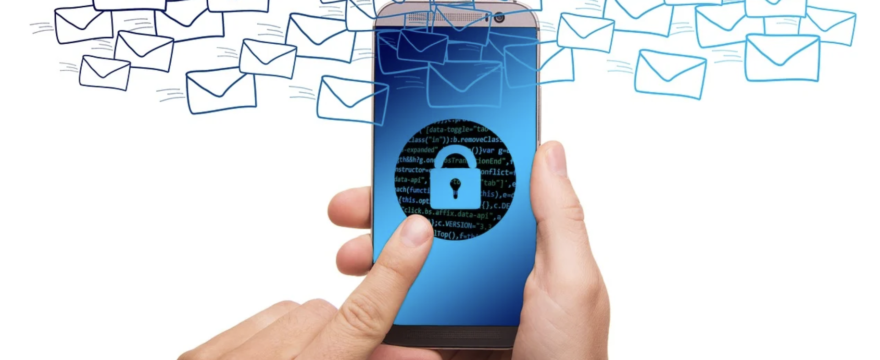For scammers, email is a perfect opportunity to manipulate and deceive. These are called phishing schemes, and through these scams, hackers can obtain your login credentials, important personal data like social security numbers and bank account information, and other data that should stay safe and protected.
Incredibly, 90% of security breaches that happen in a company happen as a result of phishing attacks. Throughout the years, these scams have grown from easy-to-spot fake ads and money requests, to more sophisticated grifts. Not only are email scams becoming harder to spot, but they’re increasing in frequency as well.
[Related: Tracking Pixels: How to Tell if Your Emails Are Tracking You]
Why Email Scams Are on the Rise
Email scams have become more prominent due to the pandemic. In fact, a report from last year found that 70% of organizations have seen an increase in phishing attacks since the start of the pandemic. Another report shows that during the peak of the global pandemic in 2020, phishing incidents rose 220% compared to the annual average.
When COVID-19 hit, many companies shut down their offices and haphazardly moved to a remote workplace. The swiftness of this transaction left a lot to be desired in the way of security practices.
With so many people working from home, away from their colleagues and in-house IT departments, it is a lot more difficult to detect and prevent threats.
Many people working from home continue to check their work emails outside of normal hours, and on other devices such as personal mobile phones. This allows more opportunities to click on phishing emails without a secure network supporting your internet use. In fact, mobile users are three times more likely to become a victim of a phishing attack than someone on their desktop computer.
[Related: Importance of Multi-Factor Authentication for Email Security]
Types of Fraudulent Emails to Watch Out For
Here are a few of the more common types of fraudulent emails that you should be looking out for.
Blackmail threats: Blackmail threat emails are exactly what they sound like. A scammer will threaten the victim with exposing their private browsing history, claim they have compromising video or photos, or some other private information that the user won’t want to be available to the public. They’ll then ask for cryptocurrency, typically bitcoin, as hush money.
Health scams: Health scams are even more prevalent now because of the plethora of misinformation available surrounding the coronavirus. These emails can claim to be doing COVID-19 contact-tracing, or they can advertise health products that never deliver in order to obtain your billing details.
Impersonation: If you’re a victim of an impersonation scam via email, it’s because a scammer is pretending to be someone from a well-known company or associate of your current company. They could even be impersonating a bank associate in order to get your account details or password verification.
Subscription bombs:
Scammers who opt for subscription bombs as their phishing technique will use the victim’s email address to sign up for countless subscription services. While the inbox is flooded with these spam emails and the user is distracted, they’ll instigate a password reset or account recovery using an actual account.
[Related: Top Email Threats to Watch Out For in 2022]
Avoid Being the Victim of Phishing With These Tips
In order to avoid being scammed, you should be cautious when using your email. The following are some tips to avoid being the victim of a phishing attack:
- Confirm the domain of senders email addresses to make sure it’s official.
- Make sure the email doesn’t involve anything financial or anything having to do with someone else’s identity.
- Contact the individual and verify they are the one who sent you this message via their website or another method outside of the email.
- Watch out for emails asking you to bypass standard protocol or do something with unfounded urgency.
- Bad grammar and poor spelling in a professional or company-sent email is a big sign something’s not right.
- Use a private email platform like VemaMail to increase your security.
[Related: 3 Big Reasons Email Security is Important For Your Small Business]
Protect Your Email with VemaMail Today!
If you’re interested in even further securing your email and private information, connect with VemaMail today. Our private email platform will never sell your data or information, keeping your business safe and secure. Contact us today to get started!
Featured image via Pixabay
